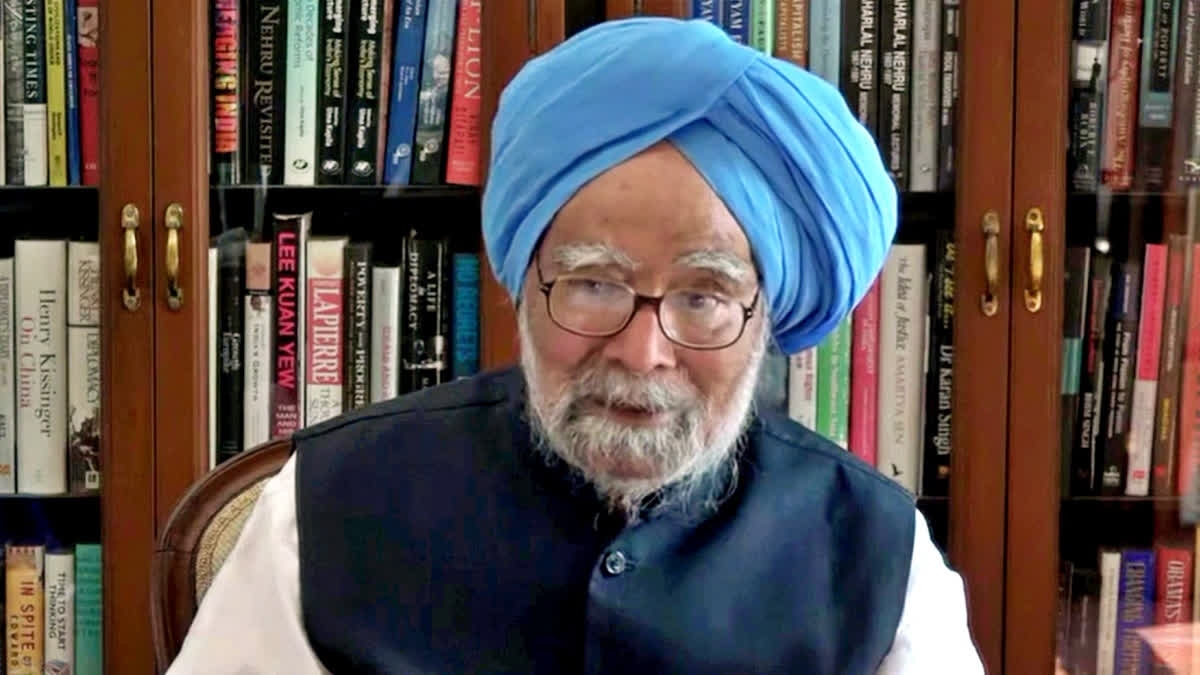Dr Manmohan Singh was not only India's 13th PM and a distinguished economist but also a prolific author. His writings (and numerous works about him) collectively offer a well-rounded understanding of his impact on India's economic policies and political landscape, as well as personal insights into the man behind the public figure.
Dr Manmohan Singh's Academic Journey
Dr. Manmohan Singh’s remarkable academic journey began in Punjab and took him to the global stage. In 1957, he earned a First-Class Honours degree in Economics from the University of Cambridge, UK. He followed this achievement with a D.Phil. in Economics from Nuffield College, Oxford University, in 1962.
Dr. Singh’s academic foundation was further solidified through his tenure on the faculties of Punjab University and the Delhi School of Economics, both centers of academic excellence. His brief stint at the UNCTAD Secretariat paved the way for his later role as Secretary General of the South Commission in Geneva from 1987 to 1990.
Throughout his life, Dr. Singh was recognized with numerous accolades. Apart from the Padma Vibhushan, he received the Jawaharlal Nehru Birth Centenary Award from the Indian Science Congress in 1995. Internationally, he was celebrated with the prestigious Adam Smith Prize from the University of Cambridge in 1956. His academic brilliance was further acknowledged with the Wright’s Prize for Distinguished Performance at St. John’s College, Cambridge, in 1955.
Books Written By Dr Manmohan Singh
Here is a curated list of notable books by and about Dr. Singh:
India’s Export Trends and Prospects for Self-Sustained Growth
Published in 1964, this seminal work critiques India's inward-oriented trade policies and advocates for export-led growth. Dr. Singh analyzes the structural challenges hindering India's export performance and offers policy recommendations to achieve self-sustained economic growth.
Changing India
Released in 2018, this comprehensive five-volume set encapsulates Dr Singh's reflections on India's economic and social transformation. The collection covers various themes, including economic reforms, governance, and India's role in global affairs. It offers an in-depth understanding of the country's journey through the eyes of one of its chief architects.
